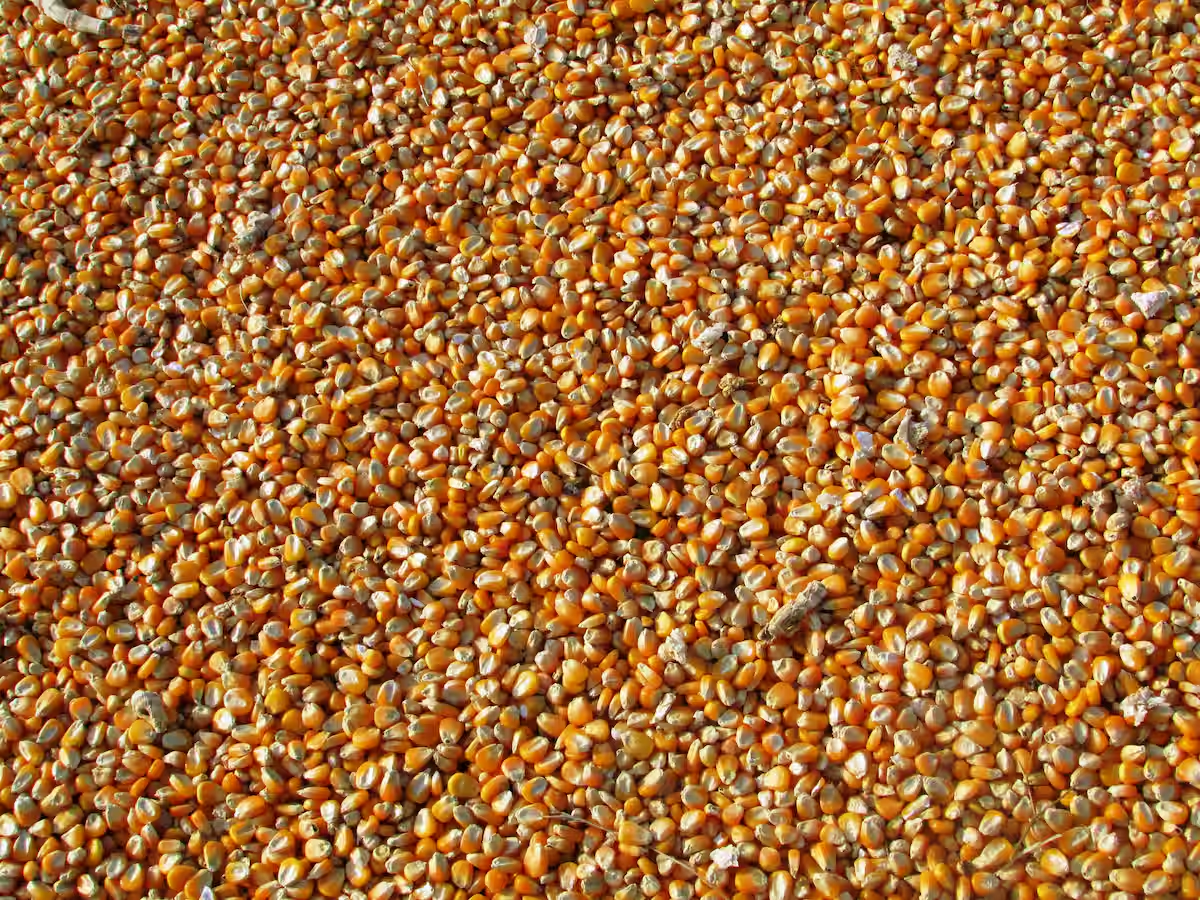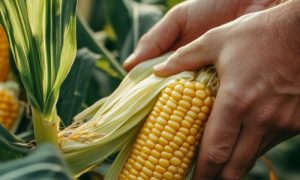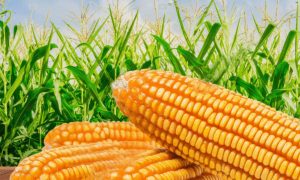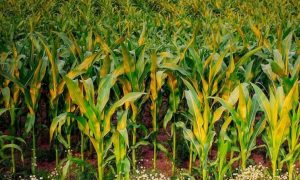3.5pc agri growth target may be missed

Ministry of National Food Security and Research officials, agriculturalists, and farming representatives discuss concerns with Business Recorder, noting a wheat production shortfall of 29.69 million tons against the target of 32.2 million tons. Kharif crop targets set for cotton, rice, sugarcane, and maize. Ongoing rains could impact cotton and paddy sowing negatively but benefit livestock and maize production. Hailstorms may harm walnut, groundnut, cherry, apricot, and apple production. PARC Chairman highlights mixed impacts on Kharif crops and positive effects on livestock.
This was stated by a senior official of the Ministry of National Food Security and Research (MNFS&R), agriculturalists, and the representatives of the farming community while talking to Business Recorder here on Monday.
The country has already missed the wheat production set target of 32.2 million tons as revealed by the recently held Federal Committee on Agriculture (FCA) meeting – Pakistan produced 29.69 million tons of wheat against the set target of 32.2 million almost eight percent reduction for the Rabi Season 2023-2024. For the Kharif crops the government has fixed the cotton production target at 10.8 million bales, rice production target at 8.7 million tons, sugarcane production target at 76.7 million tons, and maize production target at 9.3 million tons.
So far the ongoing rains are not posing a serious threat to major Kharif crops including cotton, maize, rice, and sugarcane, however, if the spell continues and farmers fail to sow timely crops, especially of cotton and paddy it will have a negative impact on crop output and the country will miss agriculture growth targets. Sector experts further told Business Recorder that the ongoing rains will have a significant positive impact on the livestock sector of the country as it will help grow abundant natural fodder for cattle in Balochistan, Khyber Pakhtunkhwa, Potohar region, and in south Punjab.
Prolonged rains especially hailstorms will have a serious negative impact on walnuts production, groundnut, cherry, apricot, and apple production. Last season owing to hailstorms country’s Pine Nuts and walnuts production was seriously damaged owing to climate change related issues and farmers lost significant revenue.
According to Khalid Khokhar representative of Pakistan Kissan Ittehad (PKI) the dry spell initially affected wheat crops negatively, especially in rain-fed areas which produce 10 percent of total wheat production, however as the crop readied for harvest in Punjab and some parts of Khyber Pakhtunkhwa, the current rain spell delayed it.
Rains also damaged standing crops, negatively impacting yield and quality of wheat crop which is the major cash crop of the season and a vital source of staple food for the local population. Khokhar further said current wet spell will also negatively impact on mangoes production due to the possibility of several diseases.
Commenting on the ongoing rainfall, Pakistan Agriculture Research Council (PARC) Chairman Dr Ghulam Muhammad Ali said the rains can have both negative and positive impacts on Kharif crops including paddy, cotton, fruit orchards, fodder and vegetable farms, saying if rains did not delay the sowing it will have a positive impact and if rains cause a delay it will have negative implications.
Rains he added are instrumental for maize sowing in both rain-fed and arid regions to achieve higher yields during the season. He said that over the years’ maize production has witnessed a notable increase in the country.
According to Dr Ali, the livestock sector of the country will also benefit from the current countrywide rain spell as it will help grow natural fodder in hilly areas especially of Balochistan, Potohar region. Moreover, the rains will also help livestock and farming in Southern Punjab, Sindh, and Balochistan where livestock is a major part of the sector as rains will help grow grass in the plains-critical for livestock’s survival. Dr Ali said the availability of sufficient content of moisture will bolster seed germination to produce healthy plants, ultimately leading to an increase in maize output for the season. “These rains will be beneficial for paddy and cotton the most important crops of the season.” He said that rains will also have a positive impact on sugarcane crops.
Source Link: https://www.brecorder.com/news/amp/40301012

















